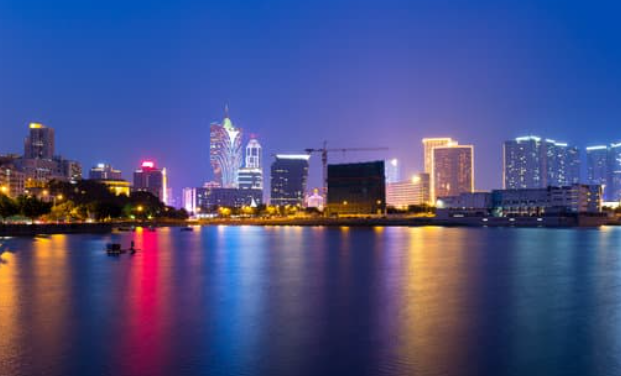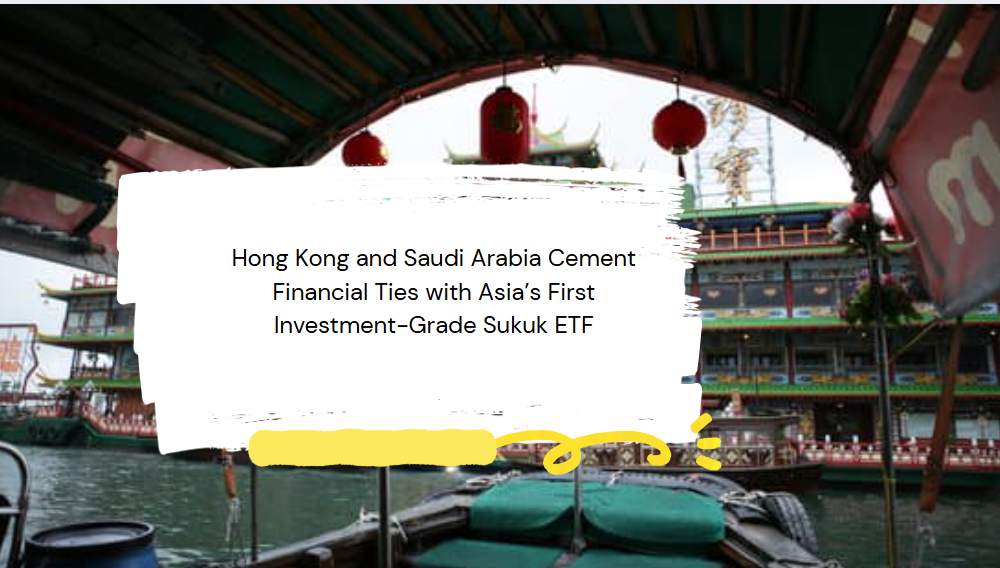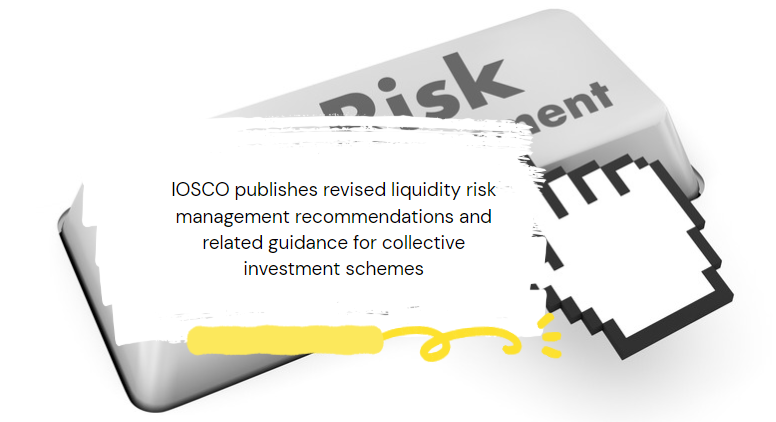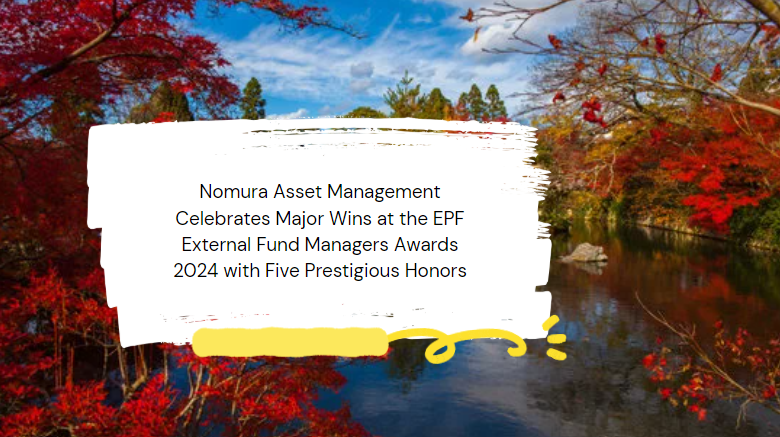Hengqin's Global Outreach: A New Strategic Bridge Between China and Portuguese-Speaking Markets
This article contains AI assisted creative content
As global supply chains fragment and investment flows increasingly seek stable, diversified corridors, the Guangdong-Macao In-Depth Cooperation Zone in Hengqin is gaining renewed attention from international observers—particularly in the Lusophone world.
In recent weeks, the island played host to a delegation of think tank leaders from eight Portuguese-speaking countries, including Angola, Brazil, and Timor-Leste. Simultaneously, Hengqin officials launched a targeted outreach mission to Malaysia and Brazil, aiming to attract cross-border investment and foster industrial cooperation. These twin initiatives underscore Hengqin's strategic ambition: to emerge as a bilingual business and innovation hub linking China with the Portuguese-speaking world.

An Integrated Gateway: Macao + Hengqin
On May 28, a high-level delegation organized by China's Ministry of Foreign Affairs Office in the Macao SAR brought together academics, central bank economists, and policy researchers from Lusophone nations for a study tour of Hengqin. Among the delegation was Tomé Xavier Jerónimo, Vice-Rector of the National University of Timor-Leste, who described the visit as a “new experience” and praised the “Macao + Hengqin” model as a meaningful framework for future cooperation.
“Macao's linguistic and cultural heritage makes it a natural gateway to the Chinese mainland. Hengqin complements this with space, policy support, and commercial scale,” Jerónimo remarked.
The cooperation zone has attracted over 5,000 new business registrations since its formal launch in 2021, with special tax regimes, innovation grants, and professional service incentives tailored to facilitate cross-border investment—notably from countries that share historical, legal, and linguistic links with Macao.
Bringing the Message Abroad: Malaysia and Brazil Engagements
In parallel with the Lusophone tour, a delegation led by the Economic Development Bureau of Hengqin embarked on an overseas mission to Kuala Lumpur and São Paulo, signaling a step-change in its international engagement strategy.
In Malaysia, the delegation met with logistics firms, data center operators, and the Johor Investment Authority to explore new trade channels. At an investment seminar in Kuala Lumpur on May 16, Malaysian business leaders expressed strong interest in Hengqin's incentives for e-commerce, digital economy, and advanced manufacturing. Companies such as MBN Enterprise indicated intentions to deepen their engagement, following previous exploratory meetings with Hengqin officials.
The second leg of the tour brought the team to São Paulo on May 20, where they participated in the China–Brazil Economic and Financial Forum. In a country where over 300 Chinese companies operate—particularly in energy, logistics, and agri-tech—Hengqin positioned itself not merely as a destination, but as a platform for two-way innovation and technology transfer.
The delegation visited several research institutions and firms in biotech and agribusiness, areas where Brazil's capabilities complement China's development goals under the Belt and Road Initiative.
Implications for International Investors
For professionals in banking, foreign investment advisory, trade insurance, and legal services, Hengqin's rise presents an important case study in zone-based economic diplomacy.
Unlike traditional special economic zones, Hengqin leverages Macao's legal system (based on Portuguese civil law)and bilingual workforce, enabling smoother collaboration for Lusophone businesses wary of unfamiliar regulatory frameworks. This feature may lower entry barriers for Brazilian, Angolan, and Portuguese firms seeking presence in China—especially in high-value services, green finance, or cross-border arbitration.
From a capital markets perspective, Hengqin also complements Macao's evolving role in RMB internationalization, with the zone exploring potential pilot schemes for offshore settlement and fund facilitation. This aligns with broader policy shifts from Beijing encouraging connectivity without redundancy, where existing city clusters serve differentiated, but coordinated, functions.
Beyond Symbolism: Measurable Progress and Forward-Looking Strategy
As of Q1 2025, official figures indicate that Hengqin has drawn more than RMB 60 billionin cumulative investment, with foreign-invested enterprises growing by over 20% year-on-year. The focus is shifting from infrastructure build-out to institutional innovation, particularly in digital customs clearance, cross-border IP protection, and regulatory sandboxesfor fintech.
Furthermore, cooperation is not limited to business. Educational and research exchanges—like those pursued during the Lusophone delegation's tour—underscore the zone's ambition to become not just a logistics or financial node, but a multidimensional cooperation platform.





















































First, please LoginComment After ~